
In November 2021, the governing board of the formerly named UC Hastings College of the Law in San Francisco unanimously voted to remove “Hastings” from the college’s name, in recognition of the ugly history of its namesake.
Serranus Clinton Hastings, the first Chief Justice of the California Supreme Court, founded the law school in 1878 with a $100,000 endowment derived from a vast fortune amassed, in part, through his significant landholdings in Northern California. A historical study commissioned by the college, published December 2021, revealed that Hastings maintained possession of that land by “supporting atrocities against Native Americans, especially the Yuki of Eden and Round Valleys.” The study illuminates Hastings’ responsibility for those atrocities.
In 1859 one of Hastings’ employees, a steward of his ranchland in Eden Valley, hunted down and slaughtered 14 Indigenous men, apparently in retaliation for the killing of horses. Despite having knowledge of the slaughter, Hastings allowed the steward to remain under his employment and did nothing to hold him accountable. This man went on to murder more Indigenous people.
By the steward’s own account, as recorded in an 1860 deposition, he and five other settlers decided to “punish the Indians” after discovering the destruction of Hastings’ livestock. The group then set out to hunt and kill Indigenous people and displace them from their land.
When asked under oath whether he had witnessed the killing of any women (the transcript contains a degrading term for Native women), Hastings’ employee responded: “I saw one of the [women] after she was dead, I think she died from a bullet. I think all the [women] were killed because they refused to go further. We took one boy into the valley and the infants were put out of their misery and a girl 10 years of age was killed for stubbornness.”
In a June 2022 memo, the college’s governing board held that Hastings must bear significant responsibility for this massacre, after failing to hold his employee accountable for the previous slaughter committed on his behalf.
Hastings’ additional responsibility lies in his promotion of and support for the Eel River Rangers, a militia dedicated to terrorizing local Indigenous populations, and that killed Indigenous people deemed a threat to Hastings’ ranchland and livestock.
According to the historical report, “[b]y the time the Eel River Rangers disbanded in 1860, evidence suggests that Eden Valley had been totally depopulated of Yuki people.” The conflict between the Rangers, other white settlers, and Native people spilled into neighboring valleys. Approximately 600 Native people were killed in the region (a conservative estimate), and hundreds more were enslaved on reservations, ranches, and farms.
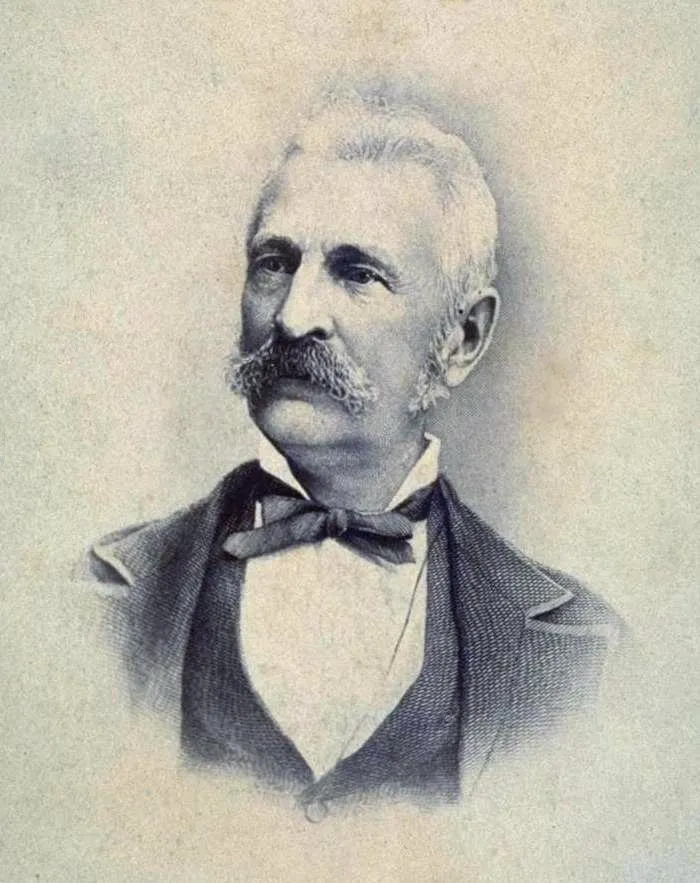
Image of Serranus Hastings
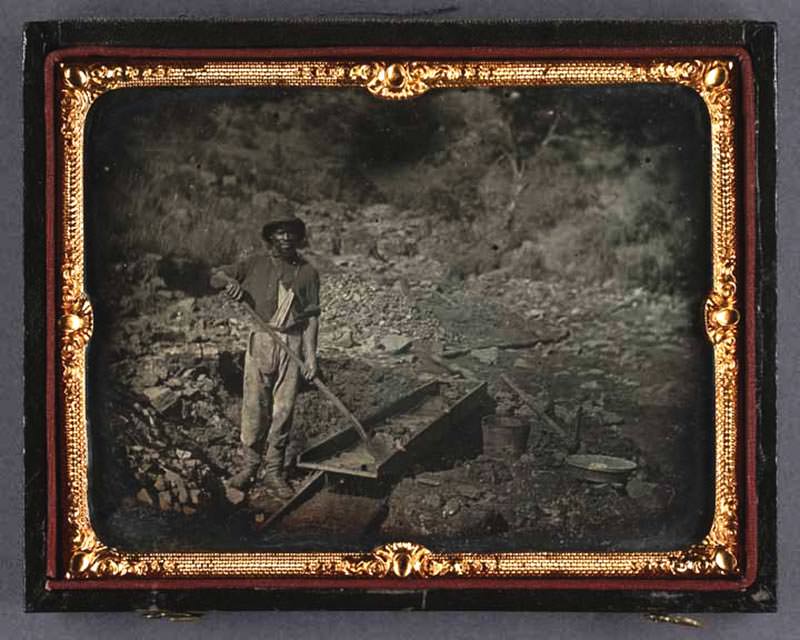
In the first test of California’s Fugitive Slave Law, three formerly enslaved black men who had built a lucrative mining supply business were stripped of their freedom and deported back to Mississippi.
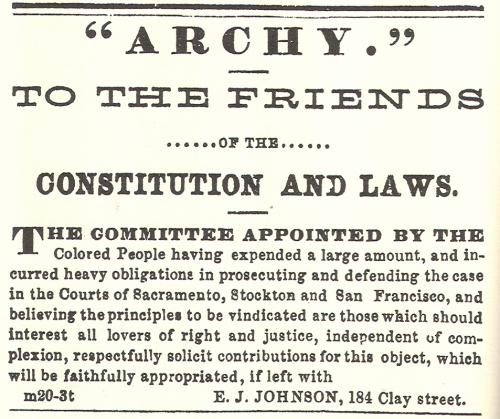
In one of the most celebrated fugitive slave cases in California, Archy Lee, a young black man who had been brought to the state from Mississippi, escaped and waged a successful legal battle for his freedom that went all the way to the federal courts.
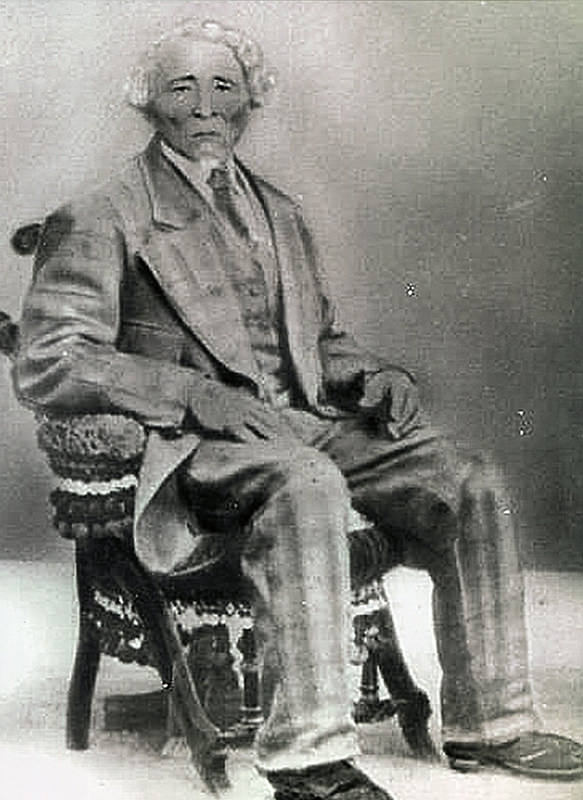
After purchasing his freedom, Edmond Wysinger filed a historic lawsuit that made it illegal for California public schools to ban black students.
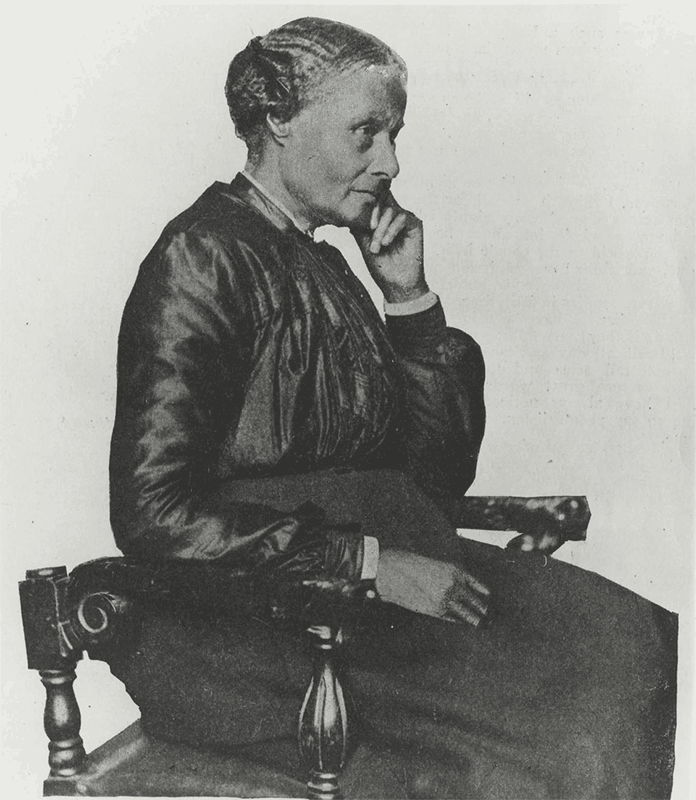
Mary Ellen Pleasant was a self-made millionaire and leading abolitionist based in San Francisco during the Gold-Rush era.
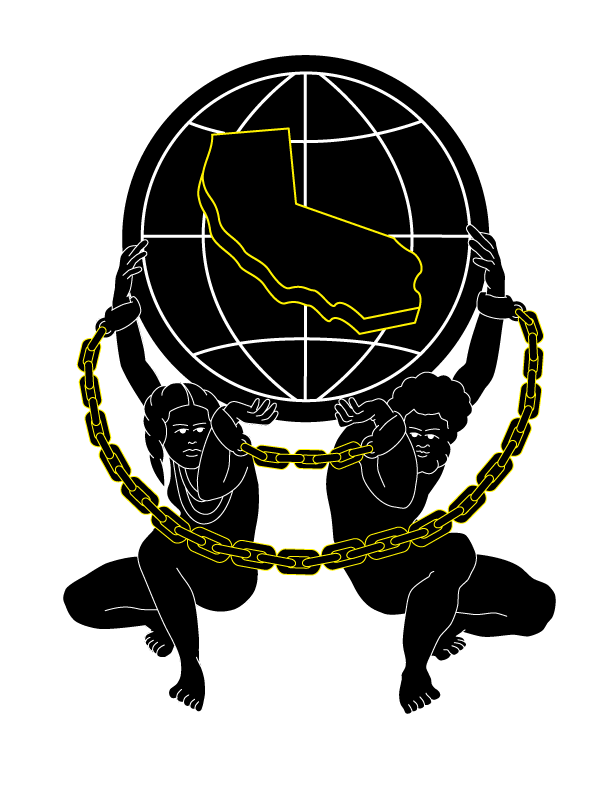
The mission of Gold Chains is to uncover the hidden history of slavery in California by lifting up the voices of courageous African American and Native American individuals who challenged their brutal treatment and demanded their civil rights, inspiring us with their ingenuity, resilience, and tenacity. We aim to expose the role of the courts, laws, and the tacit acceptance of white supremacy in sanctioning race-based violence and discrimination that continues into the present day. Through an unflinching examination of our collective past, we invite California to become truly aware and authentically enlightened.